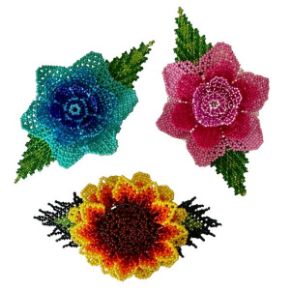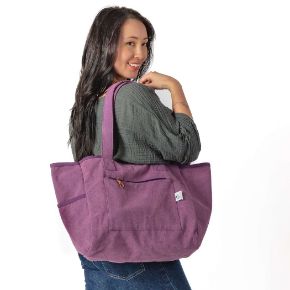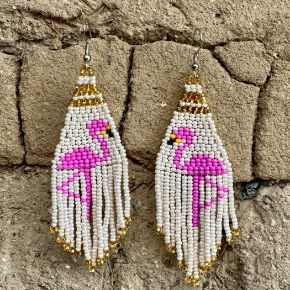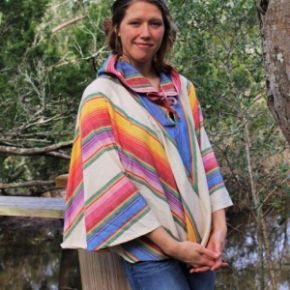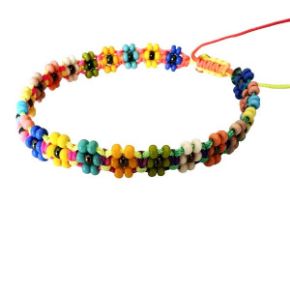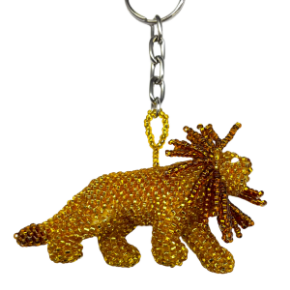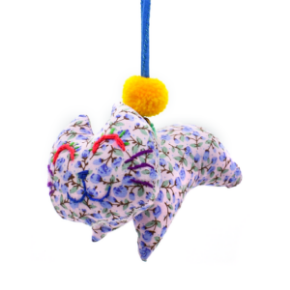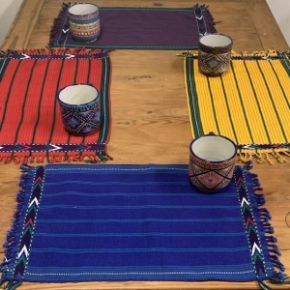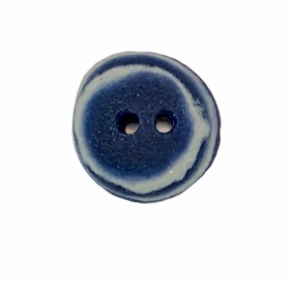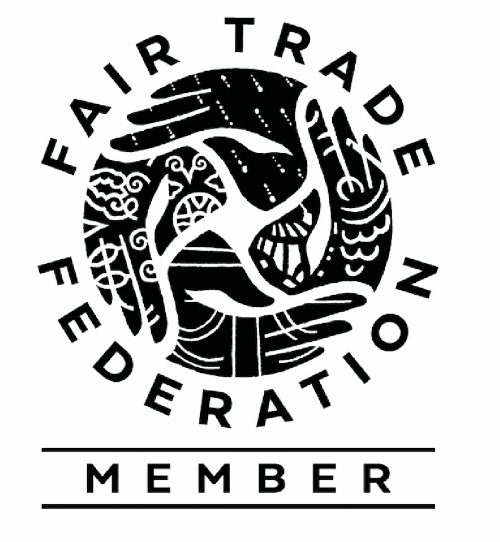In today’s struggle to preserve the earth for future generations, the inclusion of people in developing countries is more important than ever. Not only are those in developing countries more at risk for health problems caused by environmental factors, without their participation in taking measures to combat environmental problems, there is little chance of seeing real change. As fair trade producers operating within the principles of fair trade as defined by the World Fair Trade Organization, Unique Batik is committed to using materials sourced sustainably, minimizing waste, and using production techniques that reduce environmental impact.
Environmental risk factors across the globe are “greatest for the poor and vulnerable populations in developing countries,” says the WHO’s Health and Environment Linkages Initiative. This brings an even greater sense of urgency to our need to not only stop environmental impact but to reverse it. For example, deforestation, one of the greatest environmental issues in Guatemala, is both exacerbated by the poor rural populations who must make use of whatever resources they can find, and puts them at risk for further tragedy such as the 2005 landslides that killed more than 1500 people. In order to prevent the continued disappearance of Guatemala’s forest, there must be other employment options for its people.
Fair trade seeks to create employment opportunities that offer not only the financial means to preserve the environment, but to do it in a way that is intentional in reducing the impact of productions. Outside of the production of our crafts, Unique Batik also participates in other environmental initiatives. There is the everyday, such as recycling at our home office in Raleigh, NC, and riding our bikes to work. There is also the truly inspired, such as a project in Guatemala that takes mundane trash such as the plastic bags and wrappers and the ubiquitous plastic water bottle, and turns them into eco bricks that are donated to build homes for the poor. With little infrastructure in the rural area of Lake Atitlan, there is trash but nowhere to put it other than scattered about the ground in otherwise picturesque villages (at worst) or in a giant pile on the mountainside (at best). By stuffing the bags and wrappers into the plastic bottles until they become sturdy and solid, the bottles can then be used as “bricks” in building adobe homes and other structures.
Despite the many challenges to environmental sustainability in developing countries, in some ways their people could teach those in the Global North a lot about reducing, repurposing, and recycling. The people with whom we work are masters of recycling -- wasting almost nothing. Some of the recycled materials they use include: textiles, metal, plastic, and glass. These recycling techniques may be as straightforward as using recycled glass bottles to make glass beads or as whimsical as making bangles out of broken guitar strings. We at Unique Batik are proud to work with artisans whose creativity and ingenuity can rescue items that would otherwise go to waste and instead transform them into beautiful and useful products. Somehow, it seems appropriate that in a fair trading relationship, inspiration and knowledge are not a one-way thing. It is through working together that we can make an impact for good, both on the lives of producers and on this world we all share.

